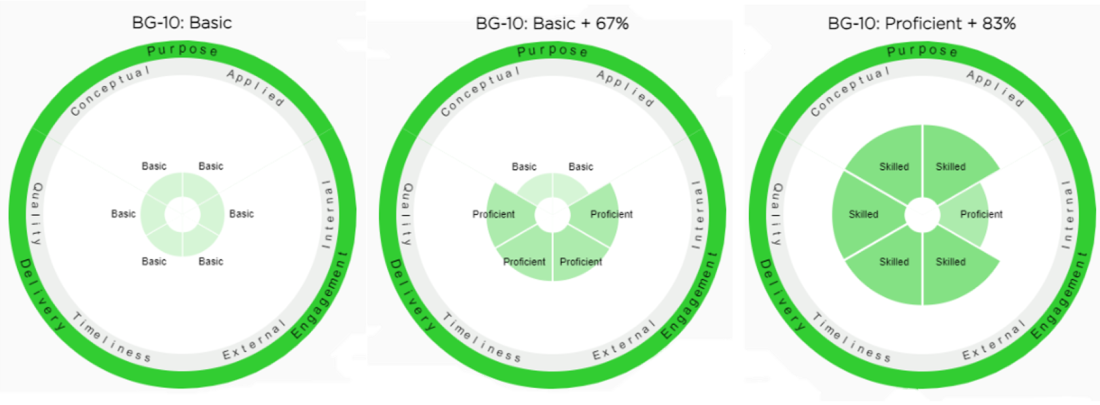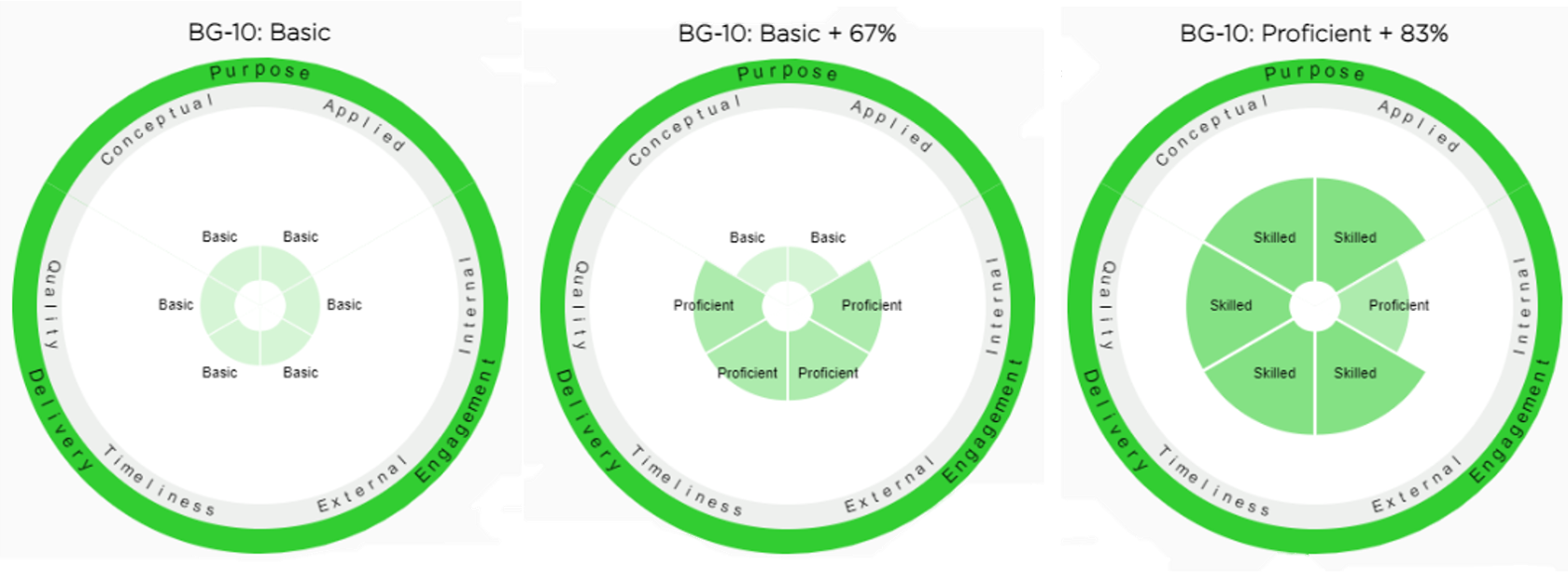- April 2024
- March 2024
- February 2024
- January 2024
- December 2023
- November 2023
- October 2023
- September 2023
- July 2023
- May 2023
- April 2023
- March 2023
- February 2023
- January 2023
- December 2022
- November 2022
- October 2022
- September 2022
- August 2022
- July 2022
- June 2022
- May 2022
- April 2022
- March 2022
- February 2022
- January 2022
- December 2021
- November 2021
- October 2021
- September 2021
- August 2021
- July 2021
- June 2021
- May 2021
- April 2021
- March 2021
- December 2020
- August 2020
- July 2020
- June 2020
- May 2020
- April 2020

Distinguishing Knowledge From Results
Pay for Performance is HR’s biggest epic fail. Community™ provides the framework for organizations to manage salary movement clearly and objectively based on staff knowledge and experience, while rewarding achievement in a performance year.
Our Community™ approach has made it possible to distinguish recognition from reward, where pay movement is linked to skills growth, and performance is linked to rewarding achievement.
Pay for Performance” is the method used in almost every modern organization to manage compensation — both annual increases and variable pay like bonuses and incentives. It’s popular, and everybody does it. But it’s not working!
The problem is organizations have created one approach to both recognize the individual growth of an employee in their job and to reward the fulfillment of objectives for the year.
If an employee has a “good year,” they are rewarded with a high bonus and a generous “merit increase.” But in the following year, if they do just OK, how much of that pay increase do they give back?
Using a single approach for rewarding both job growth and achievement is muddled. Birches Group believes separate approaches are needed — one to recognize growth in the job, and another to reward the specific achievements accomplished during the year.
Birches Group Community™ Skills uses the job levels established within an organization as a basis for defining progressive Skills Stages, which can be used to measure the growth of an employee within their job. In short, it provides an explicit measure of “experience” rather than relying on time as a proxy.
If we can define and examine all jobs through the use of the three factors and six indicators in Community™ Jobs, the same can be done for skills. Community™ Skills circles back to the foundation of the job because it is explicitly linked to the same three factors and six indicators, allowing managers to easily track the skills progression of their staff across all fourteen levels.
Employees acquire and demonstrate new skills gradually over time, driving their capacity to perform their job even better. Skills and knowledge are cumulative, like salaries. We recommend using Skills as the basis for salary growth, rather than performance.
Performance management is the most maligned area of human resource management. Nobody likes it, few trust the results, and the most innovative solutions offered focus on snappy apps and technology without addressing the fundamental flaws that have existed since companies abandoned step increases over 50 years ago.
Birches Group believes performance can be measured using the same criteria we use to evaluate the contribution level of a job by asking just three questions:
- Do you have good ideas? [Purpose]
- Do you listen and adapt your ideas to your customer? [Engagement]
- Can I count on you to deliver? [Delivery]
If you can answer yes to these three questions, you are a strong performer!
Community™ Performance uses a performance standard linked to job levels, focused on how an employee performs in their job overall. We use a multi-rater approach that includes peers inside and outside the organization. Best of all, it actually works!
We’ve spent decades building our experience and knowledge, and expanding and refining the methodology behind Community™. Now we’re sharing that knowledge with you on our Insights page.
Regular participation in salary surveys offers invaluable insights for organizations striving to maintain fair and competitive compensation practices. Learn how leveraging market data ensures equity, attracts talent, and fosters organizational success. Join Birches Group for comprehensive salary surveys across 150+ countries.
Which countries will see the most growth in 2024? According to the IMF, 20 economies across the Asia Pacific, the Americas, Sub-Saharan Africa, and the Middle East and North Africa top the list.
In the face of volatility, be proactive rather than reactive. This involves anticipating changes, planning for various scenarios, and continually striving for improvement. It’s about taking charge of the situation rather than simply reacting.
At last, An Explicit Way to Evaluate Knowledge and Experience
Our team of experts are ready to guide your organization using our Community™ breakthrough.





